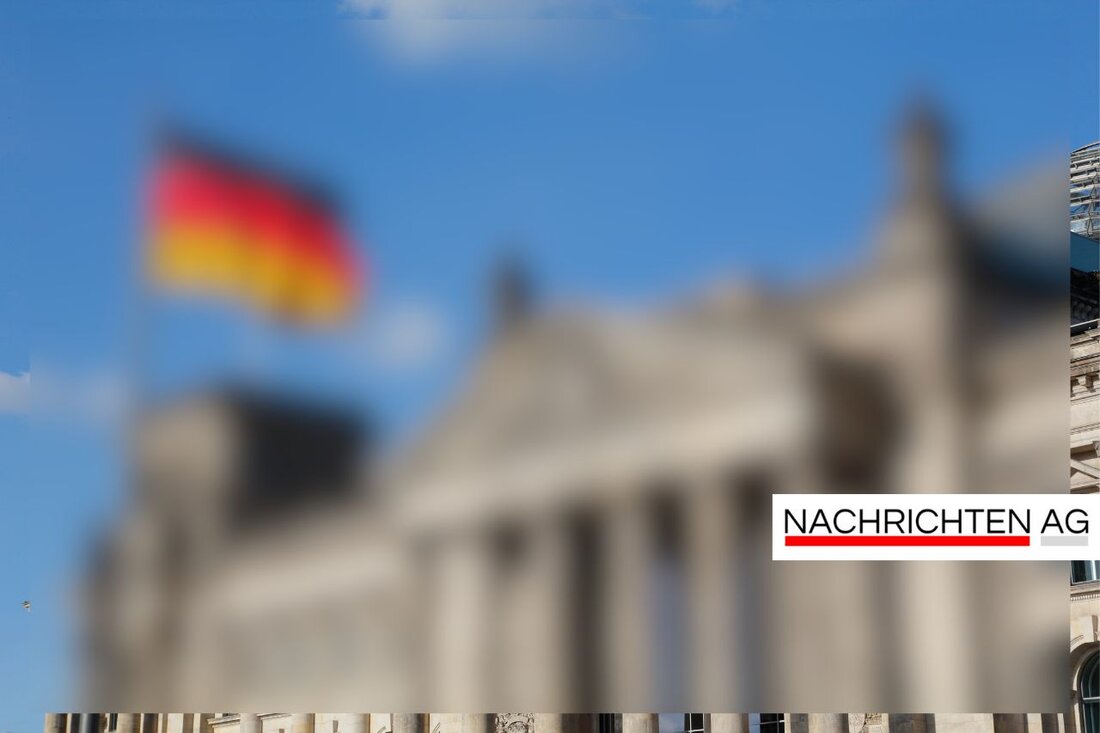Air traffic industry in need: BDL demands tax relief!

Air traffic industry in need: BDL demands tax relief!
Bad Kissingen, Deutschland - The air traffic industry in Germany faces major challenges and hopes for support from the newly formed federal government. Joachim Lang, Managing Director of the Federal Association of German Air Traffic Economics (BDL), has called for the urgent financial relief in Nuremberg to ensure the competitiveness of the industry. A central requirement is the abolition of the controversial air traffic tax or at least a significant reduction in this tax as well as lower costs for air safety and flight safety services. This relief is particularly important because the air traffic market in Germany remains behind the level of 2019. Only 86 percent of the seats are currently being offered compared to pandemic, while European airlines have already exceeded this point, such as the Main Post reported.
In addition, the BDL observes a worrying trend: Airlines shift aircraft increasingly to cheaper locations, which can also be felt at Nuremberg Airport. Michael Hupe, the managing director of the Albrecht-Dürer-Airport, pointed out that the airport in 2024 had been listing over 4 million passengers for the first time since Corona pandemic. For the current year, even over 4.3 million passengers are expected, which is primarily due to heavy travel to popular holiday destinations.
Significant cost increases and distortions of competition
Another aspect that puts the air traffic industry under pressure are the rapidly increasing state -consuming costs, which, according to the BDL, should increase by an additional 12 billion euros in 2025. This increase particularly affects the inner German flights, which stagnate in around 50 percent of the pre-corona level in 2024. In comparison, it can be seen that the range of domestic flights in other European countries, for example in Spain and Italy, even exceeds the 2019 level. This distinction is forced the German airlines to assert themselves more against the competition of foreign providers who often benefit from cheaper framework conditions. The Federal Government urgently needs to initiate reforms here to strengthen the location of Germany reports Bdl .
Another problem is the high ticket prices in Germany, which are caused by increased taxes and fees. These prices inhibit demand and tighten the competitive situation to the train, which is increasingly perceived as a comfortable alternative. In this context, the BDL draws attention to the fact that the ticket prices are very popular in the European comparison and thus be a deterrent for potential passengers So the DGLR .
A look into the future
In the long term, however, the industry also looks optimistic about the development of sustainable fuels (SAF), which are to be used to reduce CO₂ emissions. By 2050, it is forecast that these climate -neutral fuels can only cover part of the need. It is therefore crucial that the industry takes additional measures to act more environmentally friendly and reduce the dependence on fossil fuels. The situation is tense for the air traffic industry in Germany. It remains to be seen whether the new political measures will help maintain competitiveness and increase demand. But one thing is clear: Without financial support and innovation, the industry will find it difficult to get started and keep pace with the other European countries.| Details | |
|---|---|
| Ort | Bad Kissingen, Deutschland |
| Quellen | |
